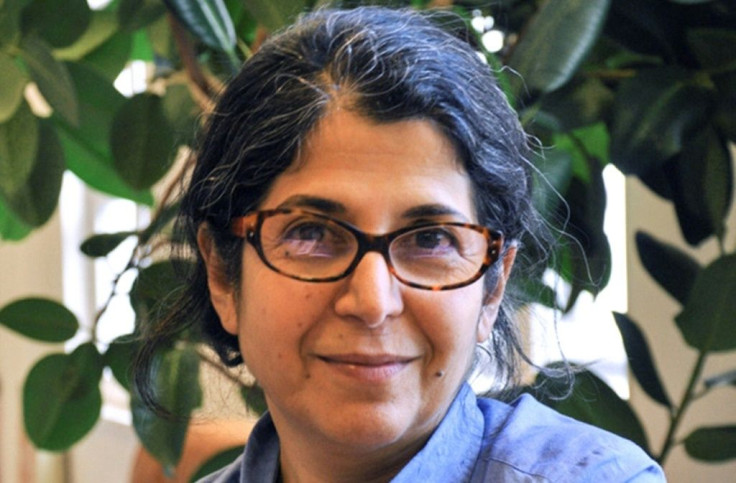Iran Passes Death Sentence, Upholds Jail Term In French-linked Cases
Iran on Tuesday sentenced to death an opposition figure who had lived in exile in France before his arrest last year and separately upheld a five-year jail term for a French-Iranian academic.
Both parties to a landmark multilateral nuclear deal, Tehran and Paris have seen their relations deteriorate in the past year.
France was among the countries that passed a resolution last week at the UN's nuclear watchdog calling on Iran to clarify whether it had undertaken undeclared nuclear activities in the early 2000s, in a move condemned by the Islamic republic.
The 2015 accord gave Iran sanctions relief in exchange for curbing its nuclear programme, but the agreement has been on life-support since 2018, when the United States unilaterally withdrew and began reimposing punishing sanctions.
Opposition figure Ruhollah Zam -- who had reportedly been living in Paris before Iran's Islamic Revolutionary Guards Corps announced his arrest in October -- was accused of playing an active role in anti-government protests sparked by economic hardship during the winter of 2017-18.
Authorities said he incited unrest through a channel on the Telegram messaging application called Amadnews.
"The court has considered 13 counts of charges together as instance of 'corruption on earth' and therefore passed the death sentence," said judiciary spokesman Gholamhossein Esmaili.
Corruption on earth is one of the most serious offences under Iranian law.
Zam was also sentenced to time served over other charges, Esmaili added, noting that the sentences can be appealed.
The Revolutionary Guards described him as a "counter-revolutionary" who was "directed by France's intelligence service".
The Guards did not specify when or where Zam had been apprehended.

Esmaili also announced that a five-year sentence for Iranian-French academic Fariba Adelkhah had been upheld.
She was sentenced in May over "security charges including conspiring against national security", and will "serve five years" including time served since her arrest, Esmaili told a news conference.
A research director at Sciences Po university in Paris, Adelkhah was detained in June last year and has been in custody ever since.
She is a dual national, a status Iran does not recognise.
Her French colleague and partner Roland Marchal, who was detained around the same time while visiting her in Tehran, was freed in March in an apparent prisoner swap.
Marchal is also a researcher at the Centre for International Research (CERI) at Sciences Po.
He was freed after France released Iranian engineer Jallal Rohollahnejad, who faced extradition to the United States over accusations he violated US sanctions against Iran.
Adelkhah and Marchal's cases have been a thorn in relations between Tehran and Paris for months.
French Foreign Minister Jean-Yves Le Drian in May condemned Adelkhah's sentence as a "political" verdict and demanded her immediate release.
Adelkhah's support committee have expressed concern over her vulnerability to any outbreak of the coronavirus in prison, following a 49-day hunger strike she mounted between late December and February.
Iran is battling the Middle East's deadliest COVID-19 epidemic, which has claimed more than 10,800 lives.





















